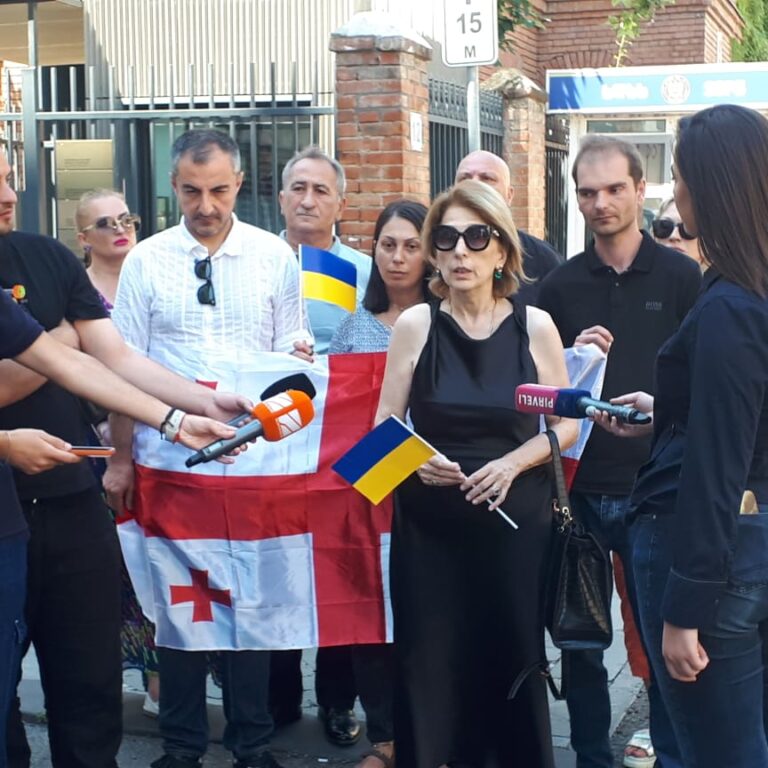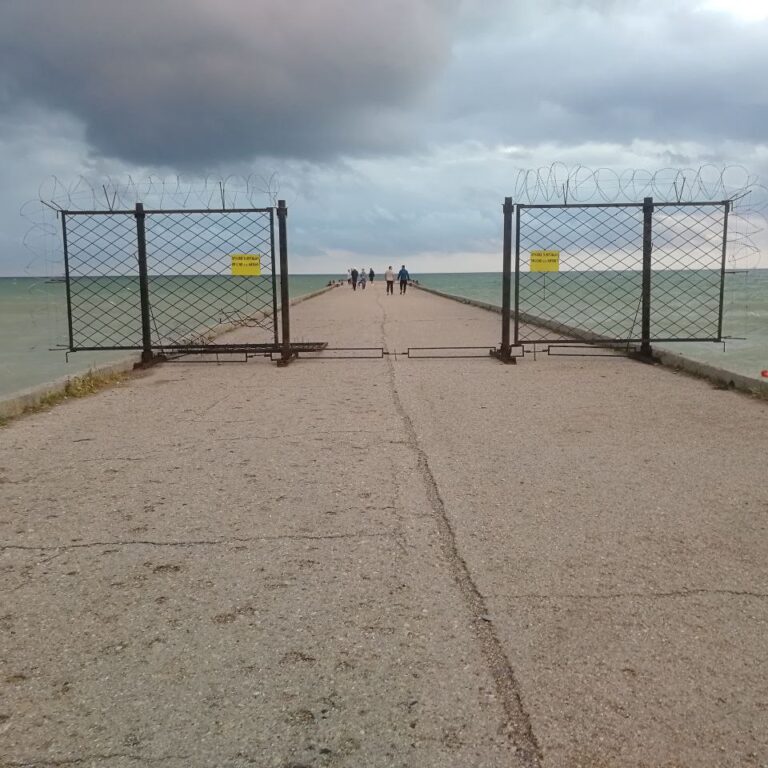In February, 2024 our Associaiton’s expert Professor Borys Babin, published an essay “Danube, eurointegration and Russian naval aggression” in “Baltic Rim Economies” platform as is a discussion forum that deals with the development and topical issues of the Baltic Sea region. In that review, organised by Finnish Centrum Balticum in Turku, high level public and corporate decision makers, representatives of academias, as well as several other experts contribute to the discussion.
Relevant issue of “Baltic Rim Economies” got common topic “Ukraine’s Integration to West” and it was opened by statement of key Baltic Region’s diplomatic officials. Elina Valtonen, Finnish Minister for Foreign Affairs stressed that “Ukrainians have bravely kept on defending their country and independence for almost two years. Russia’s illegal and unprovoked war of aggression against Ukraine has permanently changed the European security order. Ukraine is fighting not only for its very existence and freedom but also for our common values: democracy, rule of law, human rights and respect for international law”.
Margus Tsahkna, Minister of Foreign Affairs of the Republic of Estonia, added that “The people of Ukraine are right now bearing the brunt of Russia’s horrific violence in the large-scale aggression that has lasted for two years. However, Russia’s wider war is against all of us who wish to live freely in a rules-based world of sovereign states. This war did not start in Ukraine and, if the world makes the same mistakes it has previously made in its dealings with Russia, then it will not end in Ukraine either”.
Krišjānis Kariņš, Latvian Minister of Foreign Affairs, added that “a decade ago, Ukrainians took to the streets in protest of the decision to abandon the EU–Ukraine Association Agreement, aimed to forge closer political and economic ties. The Euromaidan events clearly manifested the European choice and how the people of Ukraine see themselves and their country”.
In his turn, Professor Borys Babin pointed that Danube navigation, safety and environmental issues now are under two key influence factors: Russian maritime aggression, while it used Crimea as key naval lodgment, and European integration of two Danube states – Moldova and Ukraine. Danube Commission’s (DC) activities in such conditions reflect the maximum role of Danube shipping as a key tool of Ukraine’s European trade and acquire special importance.
Since 1991, Russia remained a DC “member” and a “participant” in the Convention concerning Regime of Navigation on Danube (Belgrade Convention, BC) as the USSR’s “successor”. After the Russian aggression begun, Ukrainian state bodies and NGOs, including our Association (ARC) appealed to DC with requests to assess the Russia’s participation, which is incompatible with principles of international law, maritime and river safety, and interstate transportation.
On March 17, 2022, the DC’s approved decision DC/SES-XII Extr./3 in connection with the Russian military aggression against Ukraine and it rejected the Russian representatives’ and deputies’ powers in the DC, it removed aggressor’s representatives from participating in DC meetings and bodies until the restoration of peace, sovereignty and territorial integrity of Ukraine. DC recommended that the contracting states begin preparations for the revision of the BC with a request to check whether Russia, as a state without a bank of the Danube, can be a member of the Convention. Later, on June 15, 2022, at a regular session, the DC dissolved the BC Review Diplomatic Conference Preparatory Committee, to which Russia was also a member, and created new Preparatory Committee composed exclusively of the Danube states, without Russians.
Then, DC also reduced the diplomatic post of its Secretariat adviser, which was held by the Russian representative, and made changes to the DC Rules of Procedure and its internal regulations, according to which no aggressor’s citizen will be able to claim for the Secretariat positions. A month before, in May 2022, DC launched the Danube Solidarity Line, on the European Union’s initiative, to promote the export of agricultural products of Ukraine and entrusted the corresponding functions to the Danube Freight Information Bureau.
ARC continued to inform DC and other authorized structures about the main risks for merchant shipping that arise due to the Russian aggressors’ criminal actions from the occupied Crimea. Relevant aspects were discussed by ARC experts in cooperation with representatives of the EuroCommission’s Department of Energy, UN and OSCE structures, of the International Commission for Protection of Danube River and other international platforms, including meetings on the PABSEC 62nd General Assembly sidelines.
DC discussions regarding countering the occupation of Crimea had practical results, as in April 2023, DC’s representatives, including Director-General Manfred Seitz took part in the International Crimean Platform’s First Black Sea Security Conference. In August 2023, DC delegation took part in the International Crimean Platform’s Third Summit. On June 24, 2023, DC President Lyubov Nepop emphasized in separate official statement that Russia’s attacks on Danube ports pose a security threat to the freedom of Danube navigation, and they can be assessed as a consistent attempt to disrupt global food security. DC President also recognized Russia as responsible for the economic losses caused to Danube transport and cargo activities due to the military danger in the Danube Delta and the Black Sea.
So it is not surprising that the DC adopted decision at its 100th anniversary session in December 2023, in which the Danube states called on Russia to be responsible for the attacks committed in the Lower Danube, and indicated the form of such responsibility, namely Russia’s withdrawal from the BC due to its significant violation. DC noted that such a decision was approved after the legal and technical working groups’ debates where Russia’s systematic attacks on the Lower Danube region, which constantly violate the BC fundamental principles, were investigated.
The interstate agreements’ termination due to Russian maritime aggression, taking into account the relevant prescriptions of the Vienna Convention on Law of International Treaties, has already been reflected in the procedures, connected with bilateral acts, such as Treaty on Cooperation in Use of Sea of Azov and Kerch Strait, 2003 and Agreement on Fisheries in Sea of Azov, 1993.
The duty to implement Vienna Convention’s demands for termination of bilateral Azov Agreement, 1993 was established by Ukrainian court in 2023, in administrative case 420/8381/20. Also Borys Babin added to abovepointed that next DC’s steps are expected at the spring 2024, they remains undeniably relevant for processed of Ukraine’s eurointegration and counteraction the Russia’s maritime aggression.







